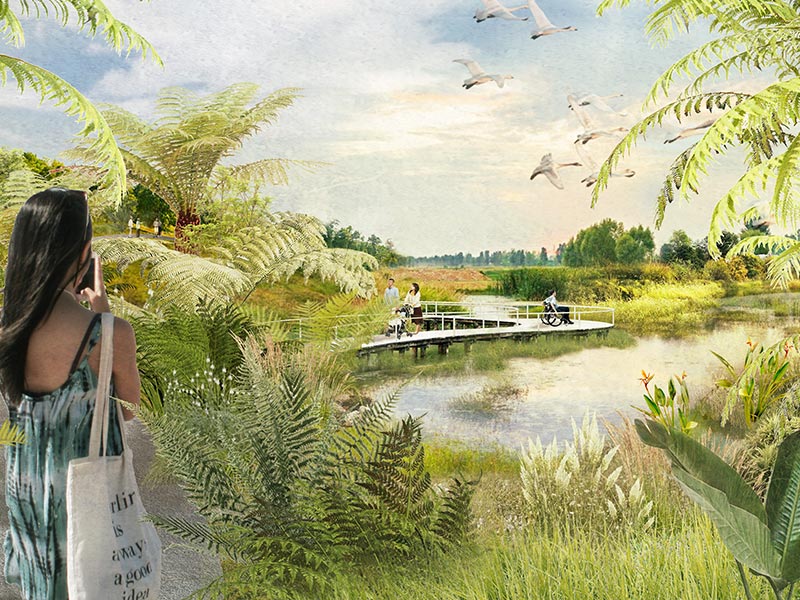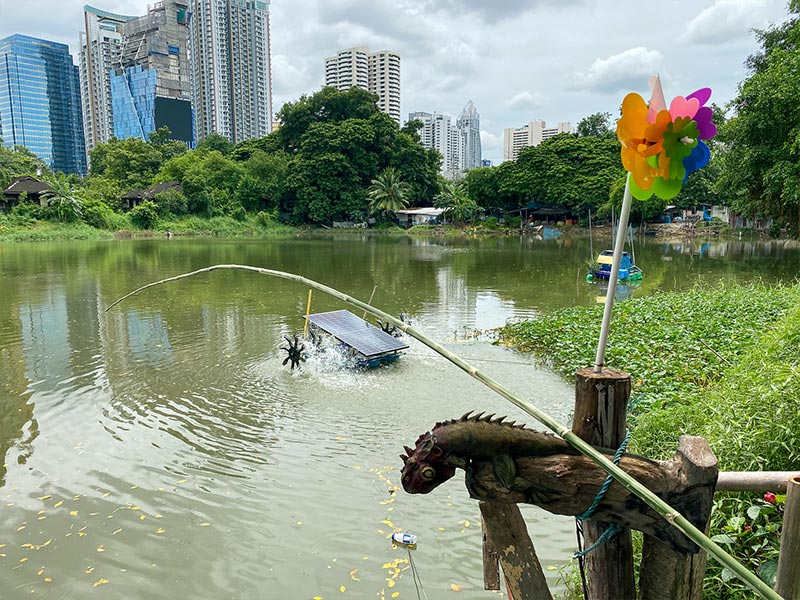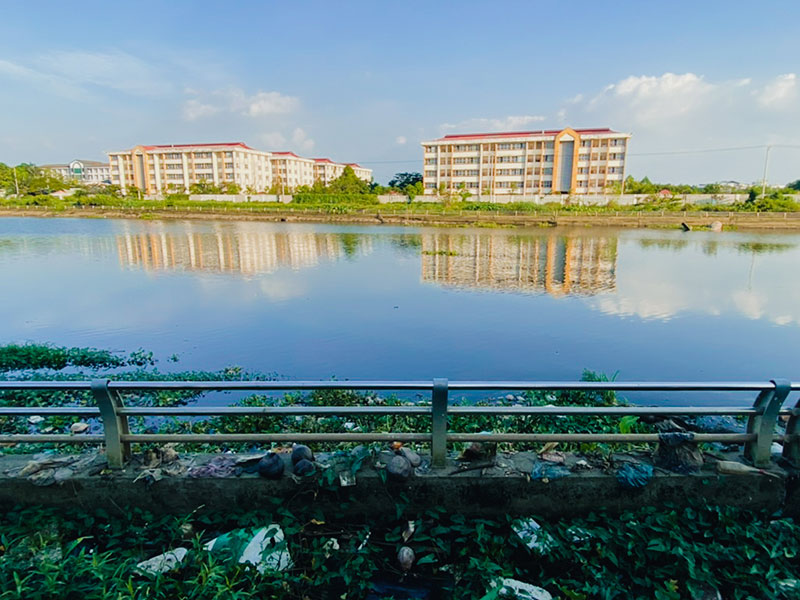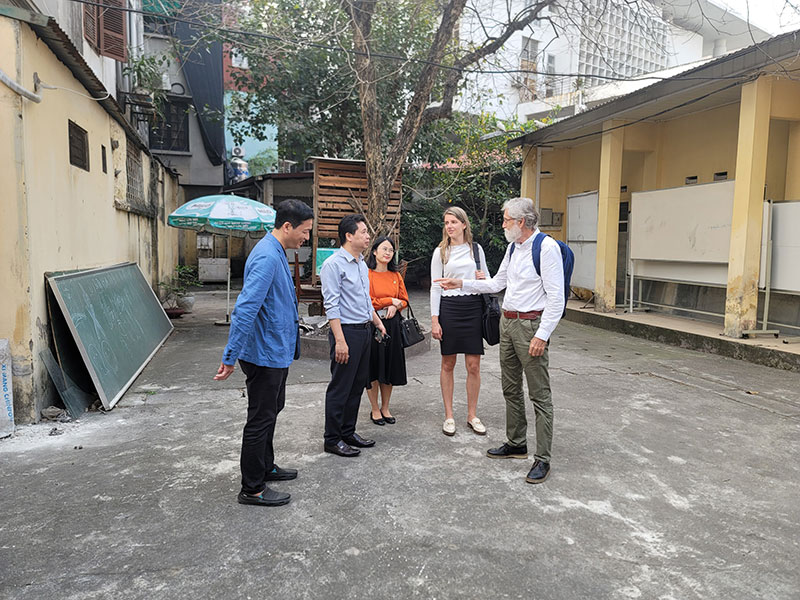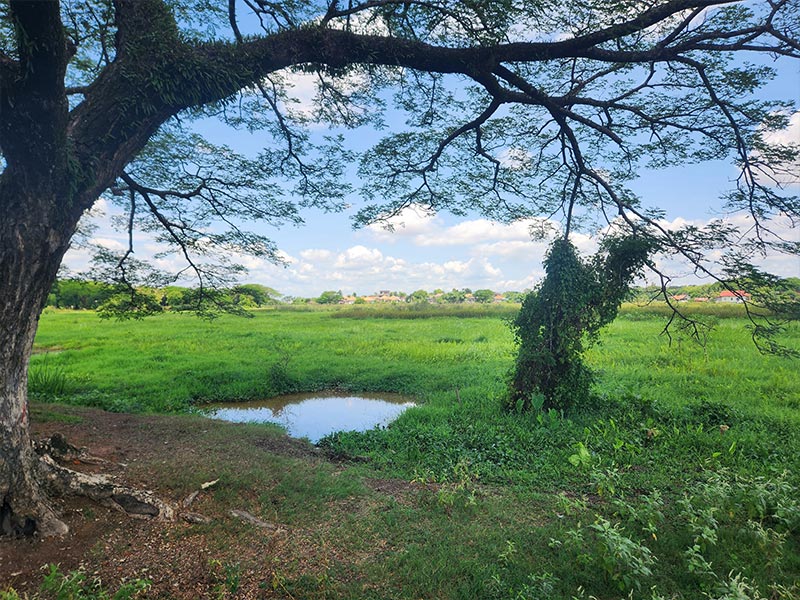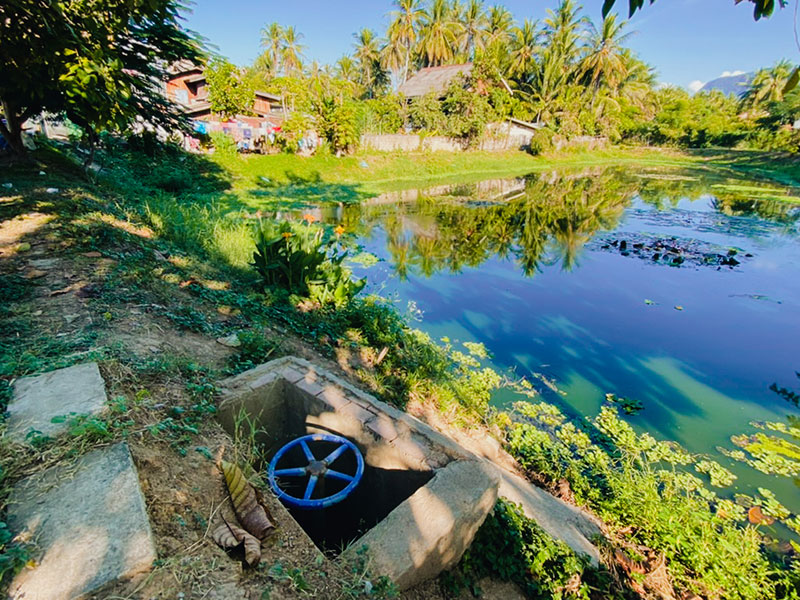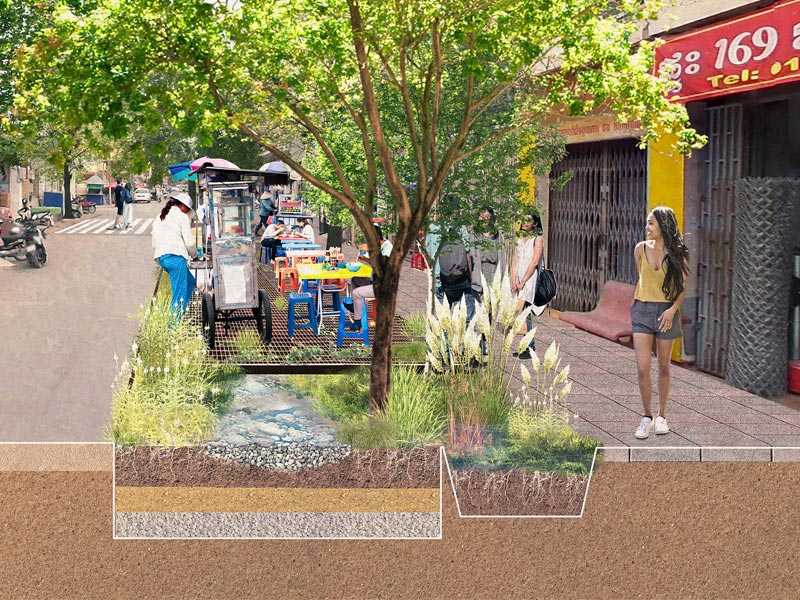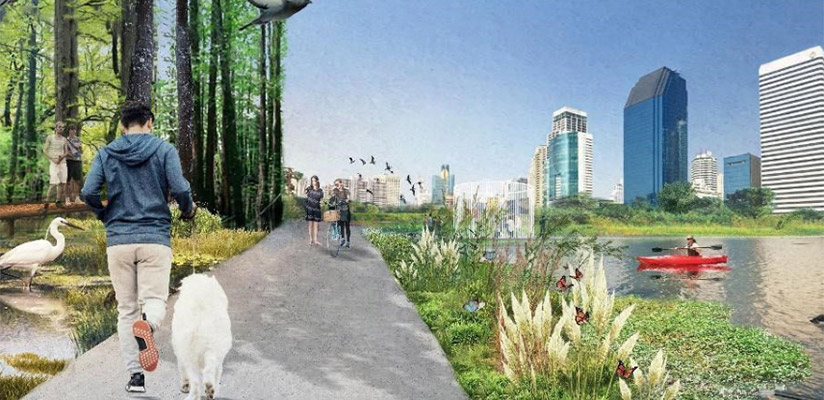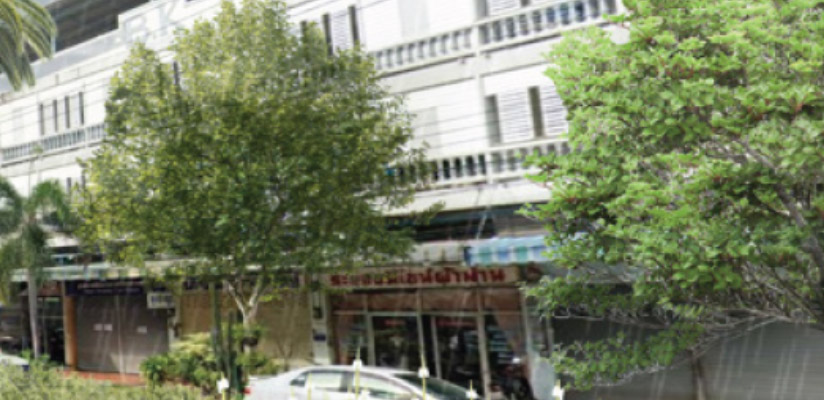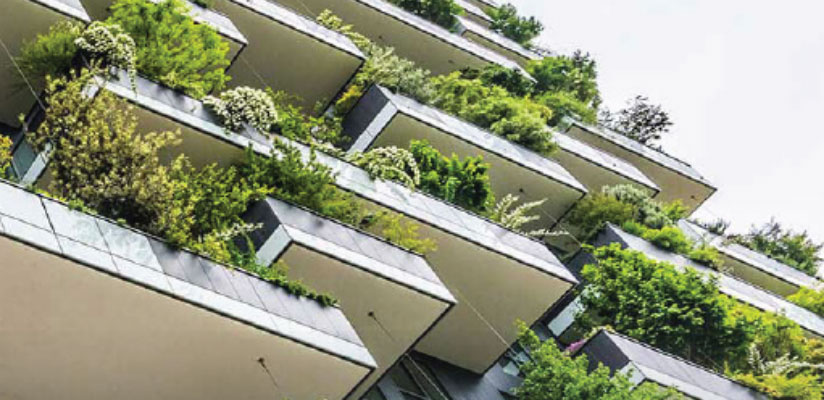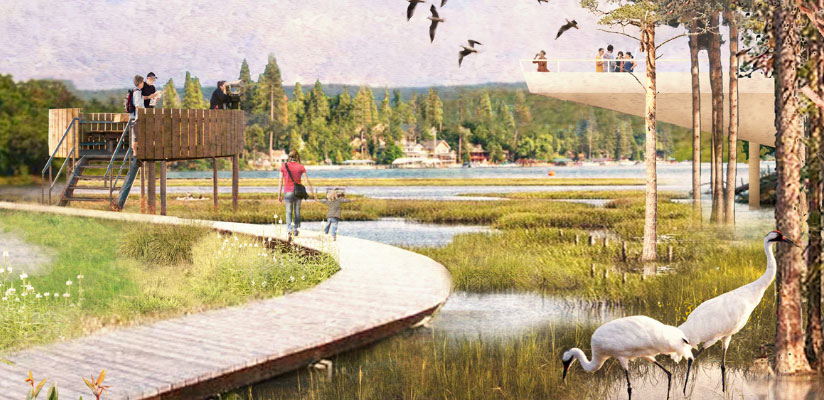Nature-based Solutions offer a wide range of benefits to growing urban communities to help build resilient urban centres and surrounds.
Cities in the Mekong region are growing rapidly. By 2030, more than 40% of the region’s population is expected to live in urban areas.
How Mekong region cities manage their growth will determine the future health, wealth and wellbeing of communities and environments in the region. At the same time, climate change is increasing the pressures they face.
Large scale ‘grey’ infrastructure solutions alone cannot deliver the social, environmental and economic outcomes Mekong region communities desire at a cost that they can afford.
Nature-based solutions (NbS) are increasingly being integrated into urban planning to provide more cost-effective and flexible ‘green’ or ‘grey–green’ infrastructure to create resilient urban centres.
The Resilient Urban Centres and Surrounds program will use water management as a catalyst to promote urban climate resilience in 4 Mekong countries – Thailand, Viet Nam, Cambodia and Lao PDR.
In particular, the program will:
-
- Engage Mekong country partners on the need for action and align the opportunities created by hybrid NbS investments
- Demonstrate local application and the economic case for action
- Support scaling hybrid NbS for wider impact
- Leave a lasting legacy of local partnerships and capacity.
Each partner country is different and each jurisdiction will progress through the 4 stages at a rate that reflects their context and involvement in precursor activities.

Detailed case studies will demonstrate the Integrated Urban Climate Management (IUCM) process and use the Benefit–Cost Analysis (BCA) Tool and the Value Tool to quantify market and non-market benefits of NbS in monetary terms. Starting with a desktop long list, we refined the list during missions, via site visits, and meetings with local officials and others with shared interests or concerns (such as local government, academics, non-government organisations (NGOs) and civil society coalitions).
We consider GEDSI implications and opportunities for each site, using these to start conversations, consider implications for inclusive and participatory practice, and inform upscaling options for more GEDSI-responsive NbS design.
We have selected the following case study sites and are in the process of securing governance and management arrangements.
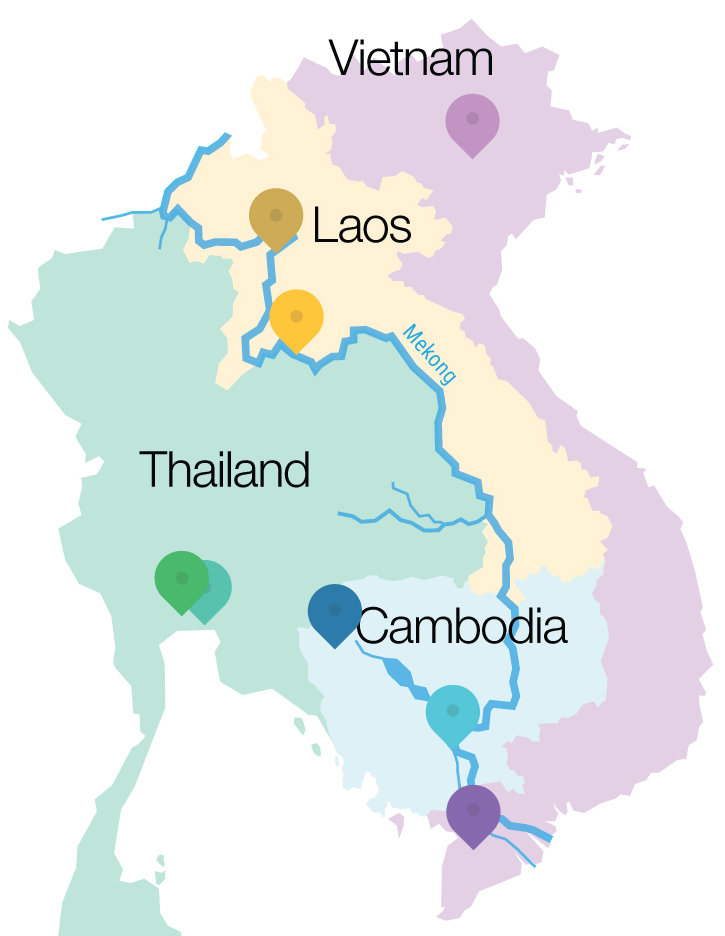
In November 2023, the RUCaS team held a significant Regional Conference and Training event to highlight the role of nature-based solutions (NbS) in addressing urban challenges in the Mekong region. Conducted both in-person in Bangkok and online with translation in five languages, the event was co-hosted by the Thai Government Department of Climate Change and Environment. Key sessions included a keynote by Professor Tony Wong on urbanisation and climate change, a high-level panel from Mekong countries, and discussions on advancing NbS use. The conference emphasised collaboration, policy development, and community engagement.
The training sessions focused on deepening understanding and building capacity in NbS. Topics included urban NbS fundamentals, economic analysis for NbS projects, and inclusive approaches for vulnerable groups, using the On Nut Waste Transfer Station as a case study. The event attracted 460 attendees, predominantly from the government sector, and received positive feedback. Recordings of all sessions are available for those who could not attend. Special thanks to the Thai Government, the Australian Department of Foreign Affairs and Trade, and all contributors.
The program builds on previous work on NbS in the Mekong region. It responds to interest from in-country to scale up the work done in Thailand and Vietnam.
It will also scale out the work to develop projects in Cambodia and Lao PDR.
Integrated Urban Flood
Management
INFFEWS:
Value Tool
INFFEWS:
Benefit: Cost Analysis Tool
A tool tailored to assessing investments
for water sensitive cities
The CRCWSC has produced research, guidelines and
tools related to the following topics:
Climate change
mitigation
Community
engagement
Economics and
business case












